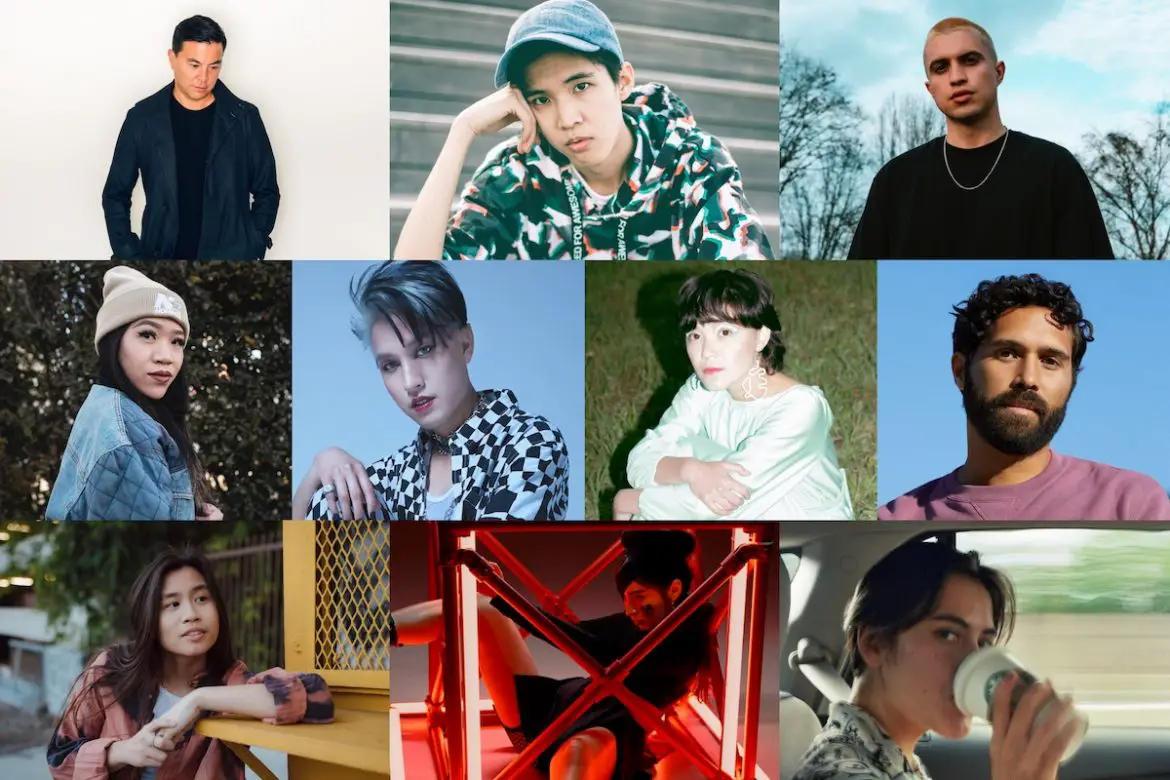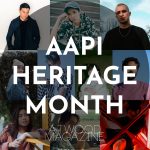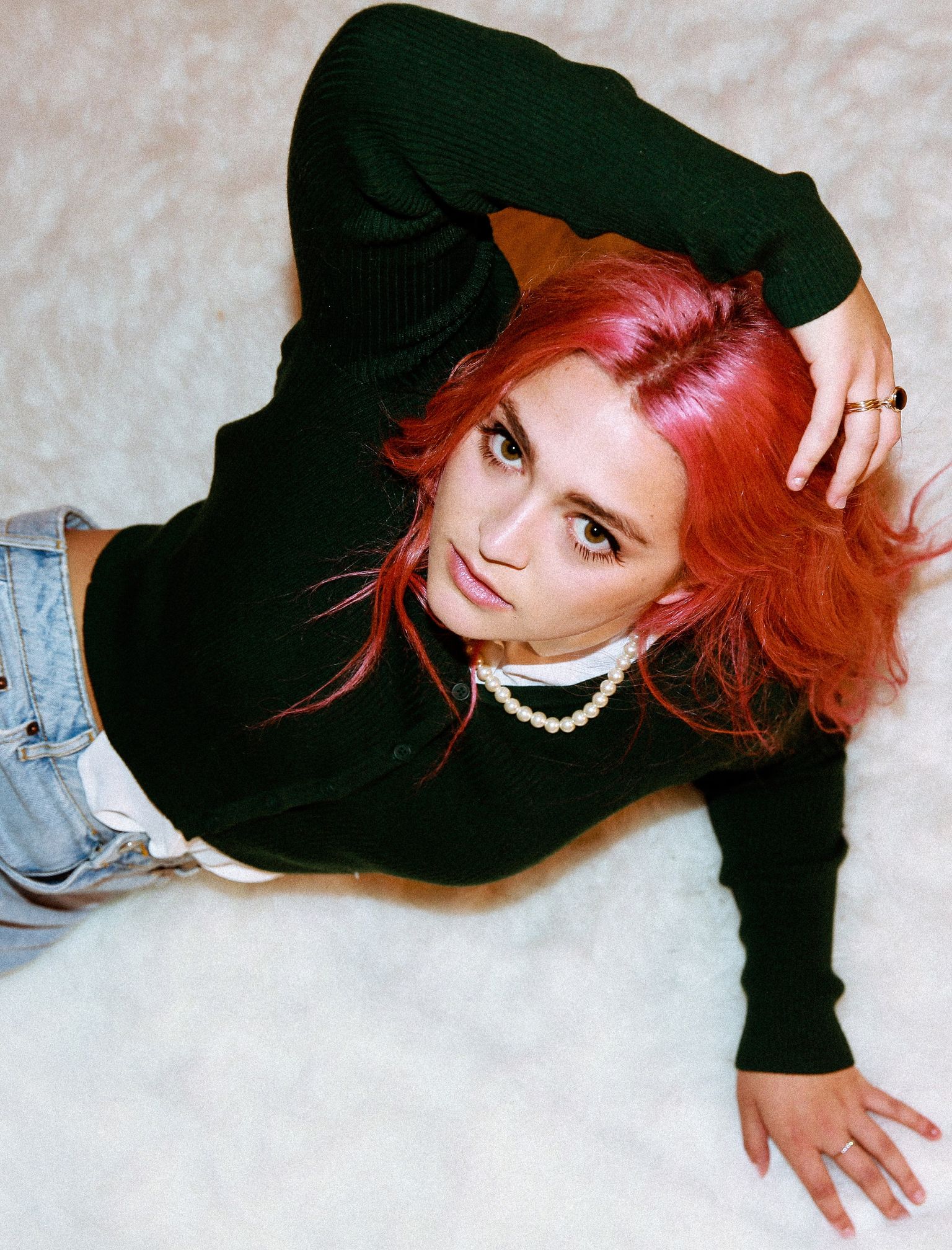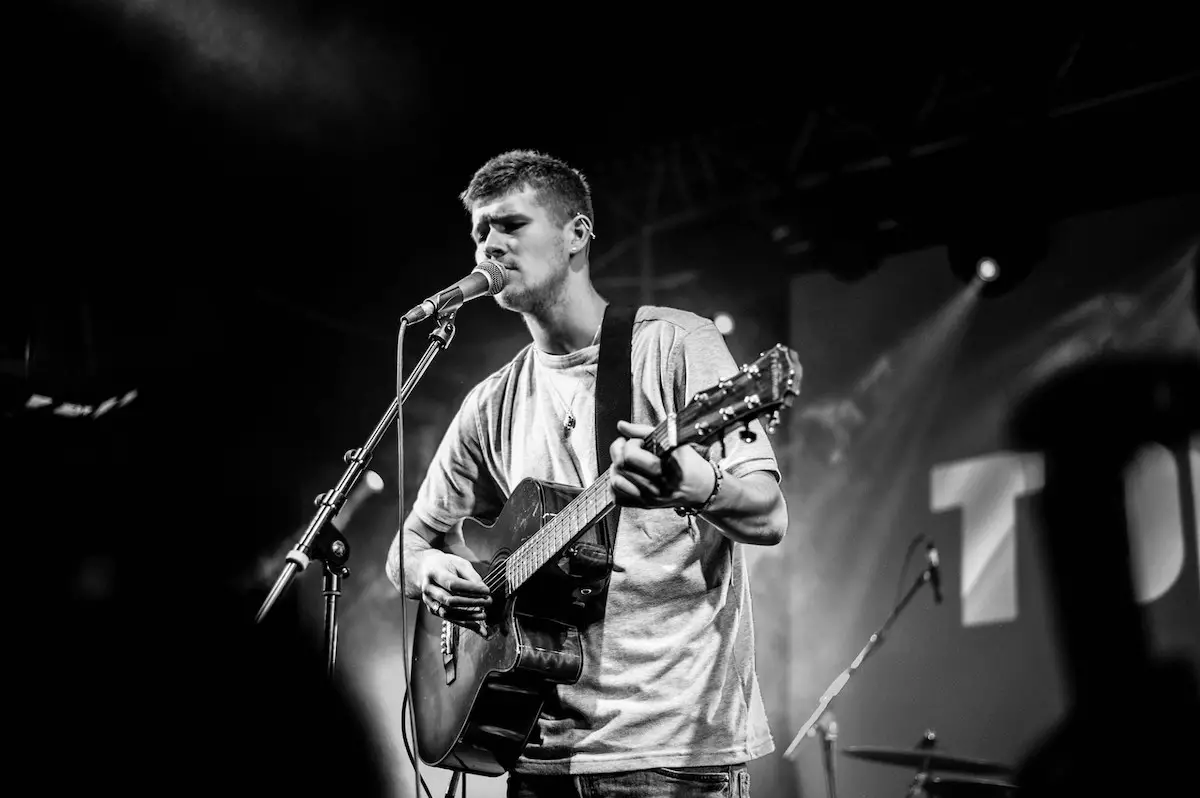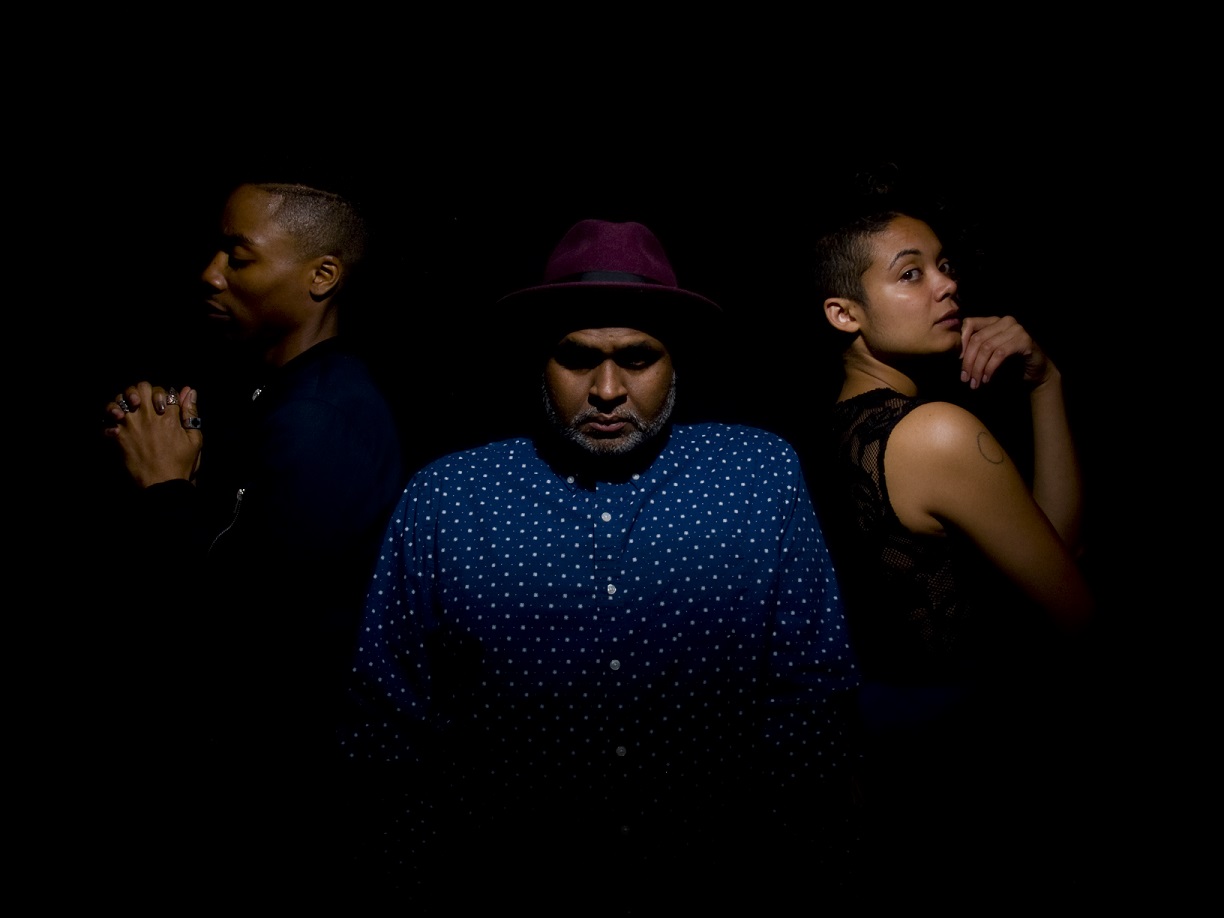In honor of Asian American and Pacific Islander (AAPI) Heritage Month, Atwood Magazine invited AAPI artists and music industry representatives from around the world to participate in an interview series reflecting on identity, music, culture, inclusion, and more. Today, and throughout the month of May, Atwood Magazine will be continuing those conversations in celebration of AAPI Heritage Month, engaging with artists and publicists alike to discuss the roles of heritage and representation in their own art, the state of the music industry, and its role in promoting diversity, visibility, equality, and more.
In Part I of our series, Atwood Magazine spoke with and highlighted 10 members in the industry, asking them to reflect on their own heritage, the relationship between music and identity, AAPI artist inspirations, and how we can challenge the music industry for better representation
– Mitch Mosk, Editor-in-Chief
•• •• •• ••
featuring Leah Lavigne, Kyd The Band, Kyra Wu, LEADR, Ben Abraham, Jaguar Jonze, Audrey Lew, Mike Hiratzka, Emily Vu, and Nathan Kawanishi
•• ••
:: Celebrating AAPI Heritage ::
 follow our AAPI Heritage Month playlist on Spotify
follow our AAPI Heritage Month playlist on Spotify 
:: Leah Lavigne ::
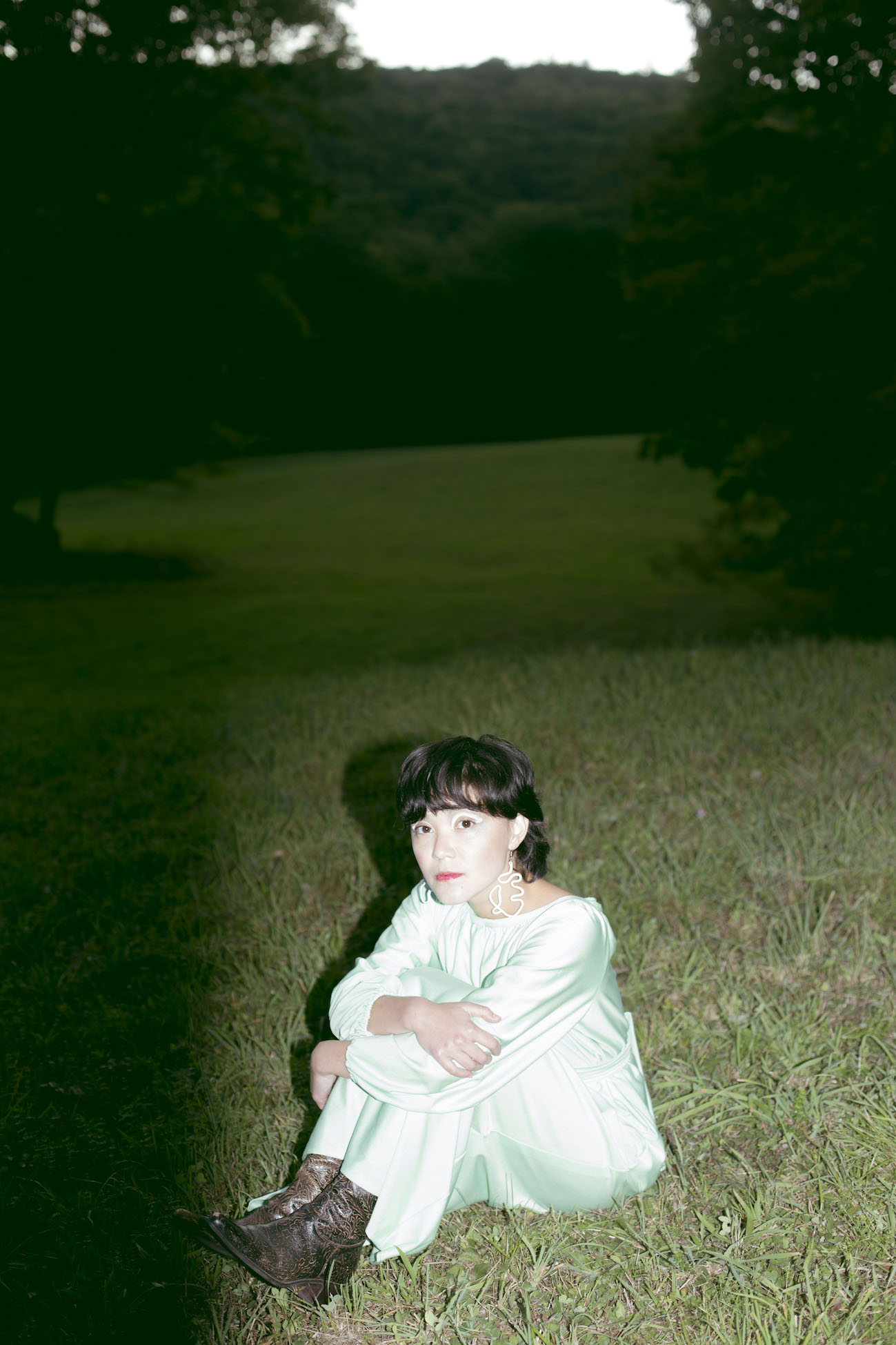
What is your heritage?
Korean
What is the significance of Asian American and Pacific Islander Heritage Month, for you?
As a person of mixed race, my belonging in the AAPI community has at times felt tenuous. Growing up in the Midwest my being Asian was often emphasized and pointed out by those around me; and as my youthful insecurities would have it, I spent years trying to downplay my heritage and fit in with my white peers. When I moved to New York for college I found myself feeling shame in the opposite direction. I basked in the comfort of having friends and access to a broader community who could relate to my experiences of racism and micro-aggressions. However, at times I felt I had to prove myself to mono-racial members of the AAPI community who felt entitled to gatekeeping. With age I have become more comfortable with my nuanced identity, and confident of my place in the AAPI community. I’ve come to value, treasure, and proudly claim my Korean heritage, family history, and all the little aspects of myself I know are informed by my mother’s Korean-ness. To me AAPI month is a time to love us and to celebrate our vibrant community; a time to acknowledge the diversity that exists within this community; a time to honor our ancestors who suffered injustices at the hands of imperialism and white supremacist culture; and a time to renew our commitment to the fight for a brighter and more just world.
How do you perceive or experience the relationship between music and your AAPI heritage and identity?
Songwriting and performing have been an avenue through which I am able to connect with others, feel understood, feel a likeness, and un-alienate myself. When I began songwriting and sharing my original music at 14 I had a deep craving for these things. Growing up I often felt “othered,” and the way those around me fixated on my Asian identity felt uncomfortable and diminishing. Through expressing my experiences of love, longing, heartbreak, angst, and more I was able to build a bridge that rose above the sea of identity politics and labels. I was able to connect with people on a deep and human level, and create an identity for myself that gave me my power back. After being tossed around by other people’s superficial observations and assumptions about me, songwriting became a way to tell people who I was. It became a way to show them I was more than a caricature or stereotype; that I was more than the best friend, sidekick, or comic relief in this story– that I had my own story; and that maybe we were not too different after all.
How do you feel the music industry can improve, when it comes to representation, inclusion, and diversity?
Growing up I craved to see someone who looked like me up on stage. In the past few years it has been amazing to see Asian American artists such as Michelle Zauner (Japanese Breakfast), Mitski, Melina Mae Duterte (Jay Som), and Sasami at the forefront of the Indie Rock scene. It has also been exciting to see other artists from the Asian diaspora such as Rina Sawayama make a name for herself in the pop world. As K-pop and J-pop became more mainstream, I wondered whether artists of Asian descent would ever get to just be pop stars or whether the perpetual foreigner myth would forever keep the Western music industry from allowing us our seat at the table, our place at the Grammys, our slot in top 40 radio. There are so many of us folks of Asian descent who have grown up in westernized countries and contexts. It is important that the music industry and our broader culture begin to understand that our Asian Americanness does not make us any less American. Stop seeing us as “too niche” for a major label record deal, stop tokenizing us for your diversity showcases, and start listening to who we tell you we are… after all, that is our vocation.
Name one or two AAPI artists who have had a significant impact on you, and why they've had that impact.
I discovered Mitski and Japanese Breakfast right around the time I was learning guitar and starting my first rock band. After years of playing nice girl music while hiding behind a piano, I felt bored and trapped. It was very validating and empowering to see people who looked like me being loud, bold, angry, dreamy, vulnerable, and everything in between. I remember specifically the first time I heard Mitski’s “Your Best American Girl”– it brought me to tears. No song has ever made me feel so seen. After years of romantic experiences that left me feeling fetishized or second class; and trying to chameleon myself into acceptance, belonging, and desirability this song felt oh so validating. The line, “Your mother wouldn’t approve of how my mother raised me. But I do, I finally do,” particularly hit hard as I struggled on that journey myself. I think the impact this song had on me is a great example of why representation matters. If our goal as a music community is to enrich culture and touch lives, it’s time the gatekeepers of the music industry understand the importance of giving non-white american artists a platform to share their unique perspectives.
Lastly, what are you working on currently? Anything coming down the pipeline you’re excited to share?
My dream rock project Ok Cowgirl is currently recording our debut EP after releasing two singles in 2020. I have also recently resurrected my solo project and plan to begin gigging and releasing music under my name again in 2021.
•• ••
:: Kyd The Band ::
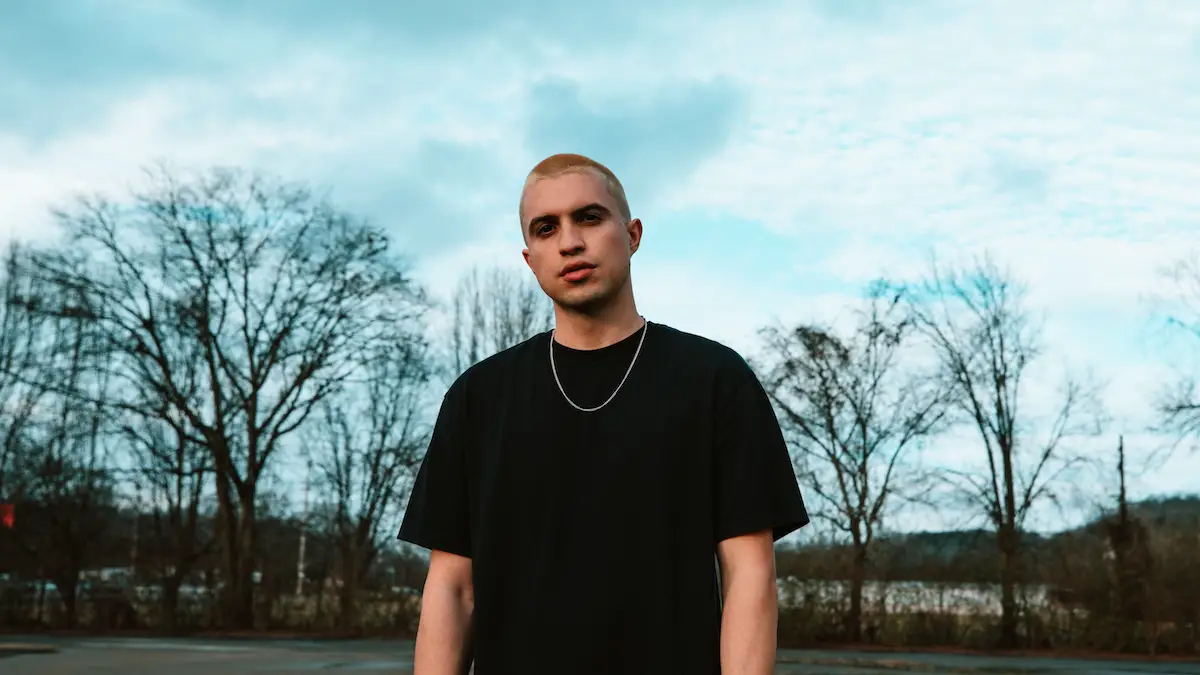
What is your heritage?
I am Filipino and Spanish. My great grandparents were born and raised in Manila and moved to San Francisco in the early 1950s.
What is the significance of Asian American and Pacific Islander Heritage Month, for you?
It’s a time where I reflect on my upbringing and family especially, thinking back to being a kid and going to my great grand-mother’s house every day. She helped raise me and was my kindergarten teacher. She was the one who exposed me to Filipino cuisine. This year has been really tough on the Asian community as a whole, and so this month I’m trying to amplify voices and stories celebrating Asian culture to try to counteract the instances of hatred and violence that are all-too common.
How do you perceive or experience the relationship between music and your AAPI heritage and identity?
Growing up I would always watch videos of artists performing at the Great Mall in Manila, and see how passionately people responded to the music there. I told myself one day I’d go to Philippines and play music. Early-on in my career I did a video with a YouTuber named Kurt Hugo Schneider, who has a massive Filipino fanbase. When that happened a lot of Filipino people found me and they’ve been so gracious and supportive of my music to this day.
How do you feel the music industry can improve, when it comes to representation, inclusion, and diversity?
I think the film/TV world, in tandem with mainstream music consumption need to be more open-minded. It’s really cool to see K-Pop become so widely received and celebrated. That kind of welcome needs to expand across the board.
Name one or two AAPI artists who have had a significant impact on you, and why they've had that impact.
Mike Shinoda for one. I remember hearing Linkin Park songs as a kid and seeing videos of the band, and just thinking that it was so cool there was someone in massive U.S. band that was AAPI.
Lastly, what are you working on currently? Anything coming down the pipeline you’re excited to share?
New music as always. I’m in the middle of releasing my EP Season 4: Series Finale and the next two songs coming out are my favorite on the project, I’m excited for people to hear them.
•• ••
:: Kyra Wu, Publicist, Tell All Your Friends PR ::

What is your heritage?
Half-Asian / Chinese American
What is the significance of Asian American and Pacific Islander Heritage Month, for you?
For me, it’s more of a broad celebration of AAPI and what we have contributed to this country — an uplifting, a recognition of things that are typically not highlighted. It’s seemingly all too easy for society and taught American history to ignore the involvement that AAPI have had shaping this country and the continued struggles we face. Now, more than ever, with the ongoing hate crimes against our community, with my friends still too scared to take public transportation or to walk alone, with the incessant xenophobia perpetrated by our media, we need AAPI month to stand together and celebrate ourselves. AAPI Heritage Month, to me, is about solidarity, pride, and awareness.
How do you perceive or experience the relationship between music and your AAPI heritage and identity?
Honestly, for the longest time, I didn’t have any. I grew up not exposed to any asian artists, fully not knowing that one could actually have a connection or relationship between consumed media and identity. Now, as there are more AAPI in the industry, finding artists who’s stories, themes, and narratives actually resonate with me is something that is just so special and hits in ways I didn’t know was even possible.
AAPI artist inspire me endlessly and have ways of making me feel connected to my identity is such intimate ways. It’s not a stretch to say that I wouldn’t be this proud of my heritage if it wasn’t for the numerous AAPI musicians whose work i have consumed over the years.
How do you feel the music industry can improve, when it comes to representation, inclusion, and diversity?
White people step aside !! We all know the music industry has a real big problem with this. The most important thing is to check biases, privilege, step aside, and uplift others (thank you Atwood for this space!). It’s not enough to simply just do one of the above, but rather do everything one can — if you just virtue signal allyship without making room for others, then your allyship is meaningless. To be more inclusive, the music industry needs to include more AAPI, plain and simple, and to achieve that, white people will need to navigate their intrinsic racism and be accountable for their own biases. Archaic and ingrained white supremacy will continue to remain until all of us fight to make it right, with white people stepping aside and making space.
Name one or two AAPI artists who have had a significant impact on you, and why they've had that impact.
The first time I came across Michelle Zauner, I was 18. I was sitting in my room, in a youtube hole, and somehow her music video for “Everybody Wants to Love You” came on. It had less than 20,000 views, and something about it made me feel like I just found something special. I watched it on repeat, trying to figure out why I was so fixated. It didn’t occur to me after a while that the reason I was so obsessed was because, before Japanese Breakfast, I had never really seen a half-asian musician, much less a half-Asian in any kind of media. For the longest time, I felt alienated from my identity, never really having anyone that I could relate to; but discovering an artist whose work I admire completely changed my relationship with my identity. It made me feel not alone: I could actually relate and see myself in the narratives, themes, and songs. The few times I’ve seen her live, I was in awe — not just because of her showmanship and music — but because before that moment, I had never seen someone on stage who looked liked me. To be able to go to a show and instantly connect with the artist and feel seen is a privilege that I didn’t know even existed.
Since following her career since 2016, she’s released two albums with another on the way, an essay, and now a book, all touching me in ways I hadn’t known was possible. Michelle Zauner has managed to provide the perspectives and voice that I didn’t know that I had always needed. Having representation matters. Sharing stories matters. AAPI matter.
Lastly, what are you working on currently? Anything coming down the pipeline you’re excited to share?
I’m lucky that as a publicist I get to work with extremely talented AAPI artists : ) I’m always looking to work with more, so if you’re an AAPI musician, please feel free to get in touch!!
•• ••
:: LEADR ::
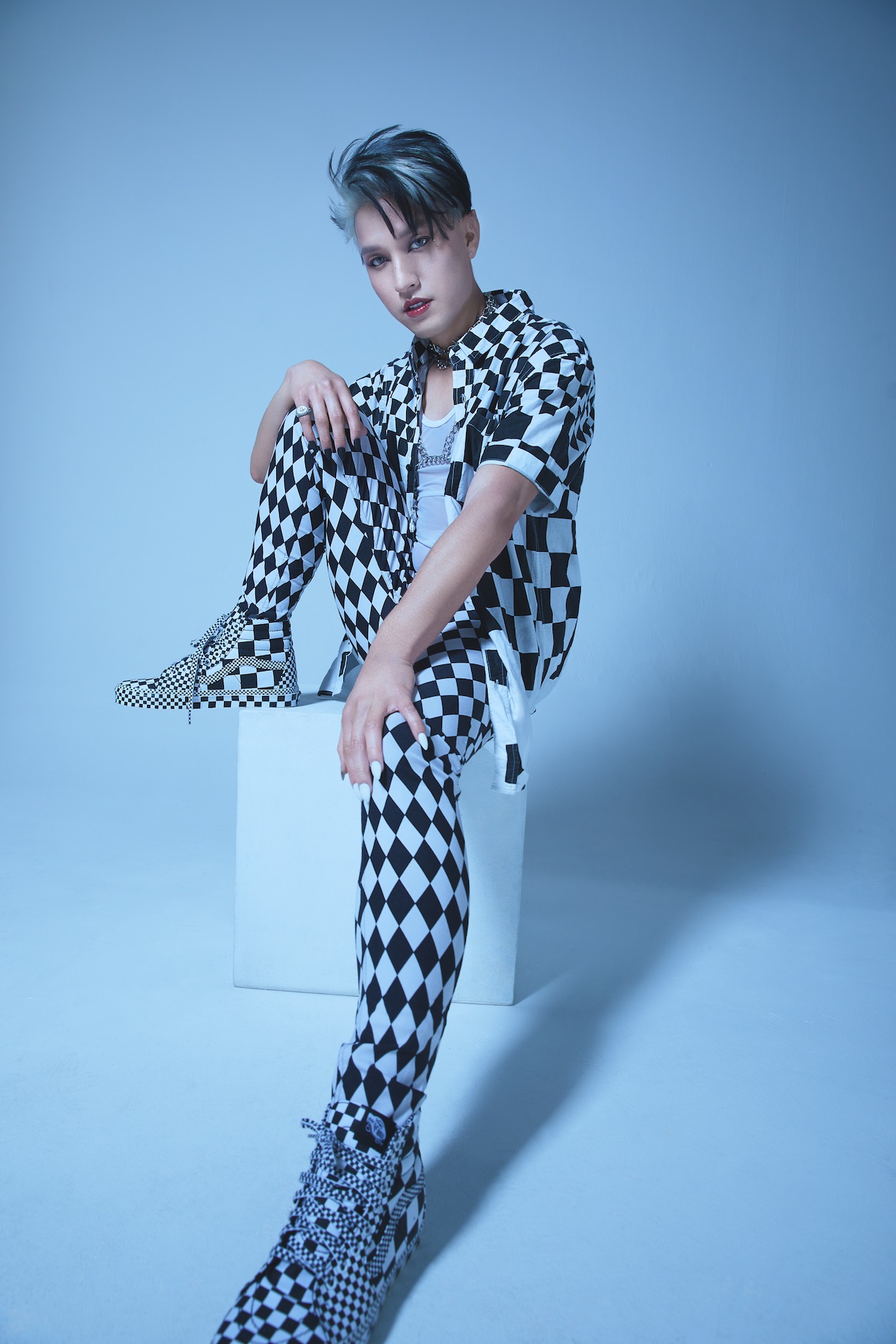
What is your heritage?
Vietnamese-American
What is the significance of Asian American and Pacific Islander Heritage Month, for you?
It’s an opportunity to recognize the contributions and challenges our community faces.
How do you perceive or experience the relationship between music and your AAPI heritage and identity?
I’ve written about my past experiences growing up with my parents who were refugees from the Vietnam War. Growing up, our household was fairly conservative so my own music has been my outlet for expressing myself; what it means to be Asian-American and Queer.
How do you feel the music industry can improve, when it comes to representation, inclusion, and diversity?
I feel like the entertainment industry as a whole could do a better job of presenting underrepresented stories and perspectives. It’s gotten better in recent years but there is still a long way to go.
Name one or two AAPI artists who have had a significant impact on you, and why they've had that impact.
I’m really encouraged by the popular response that Joji and BTS have both been receiving. The idea that AAPI artists can present and be so popular in the so-called mainstream is really inspiring.
Lastly, what are you working on currently? Anything coming down the pipeline you’re excited to share?
I’m working on a beautiful string on singles. Some fun, some deep, there’s so much I have to share coming up in the next few months.
•• ••
:: Ben Abraham ::
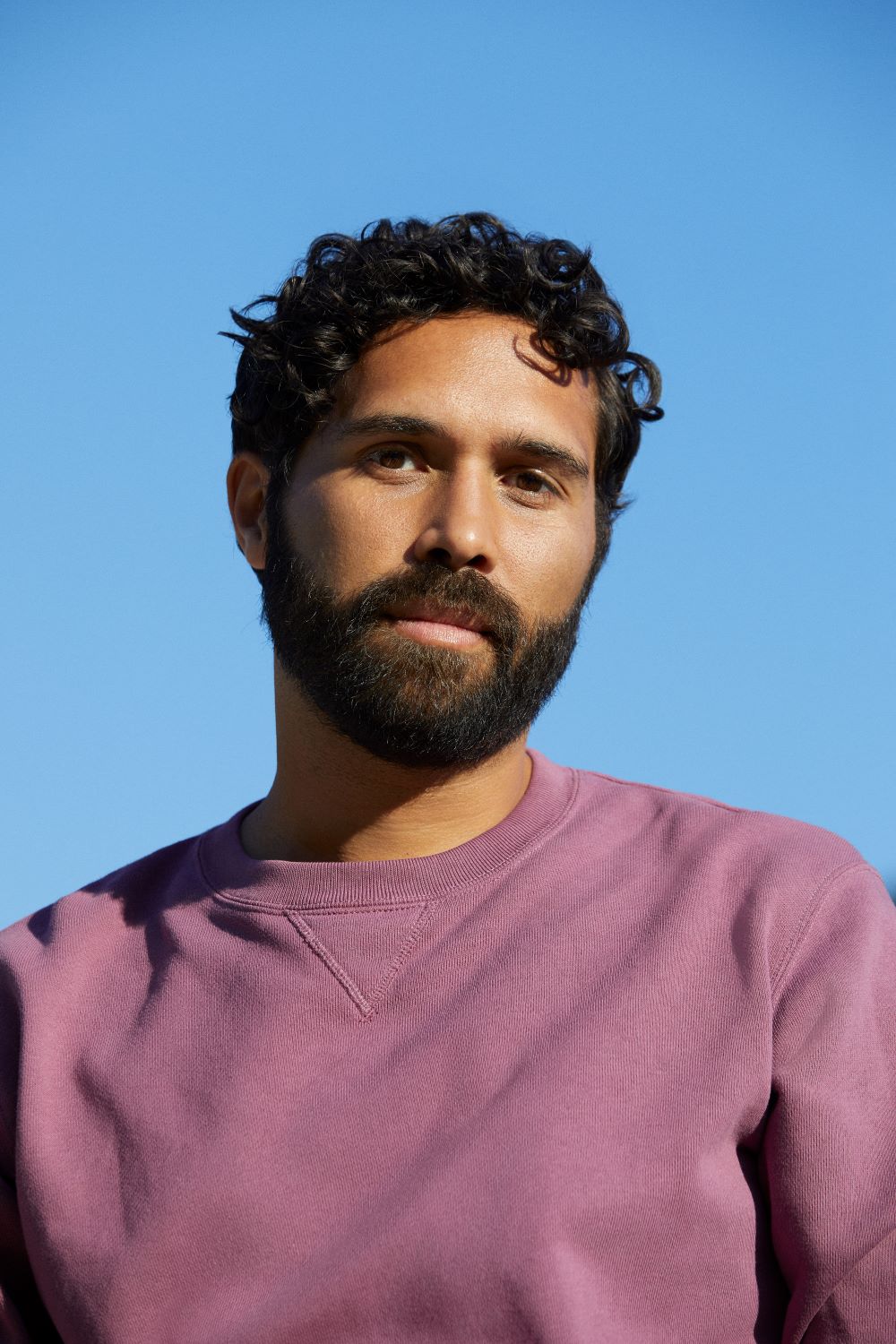
What is your heritage?
My mum is Australian and my dad is from Ambon, Indonesia. I guess I’m technically still AAPI. Just the second A stands for Australian-who-lives-in-America hahaha
What is the significance of Asian American and Pacific Islander Heritage Month, for you?
I think it’s great to have these moments to spotlight how people like us are out here working in the industry. When I was young I had no role models who looked like me. I remember finishing high school wanting to be an actor but noting that I couldn’t think of a movie star who looked like me. I did the math and figured it wasn’t worth trying to pursue a career that didn’t feel open to people like us.
I hope that my taking part in this moment will inspire other young AAPI artists to feel like they have a seat at the table.
How do you perceive or experience the relationship between music and your AAPI heritage and identity?
Both my parents are musicians and the island town my dad came from was recently named a UNESCO “city of music”. In that sense I’d say that tradition of island music is just in my DNA. Having said that, I was raised in white-suburban Australia so engaging with my Indonesian-ness as an artist is something that I’ve only felt compelled to do in recent years. I think there’s an unconscious harmonic instinct in my work that comes from that islander heritage, but I definitely want to explore what it means to be a bi-racial, Eurasian artist more.
How do you feel the music industry can improve, when it comes to representation, inclusion, and diversity?
It’s definitely better now than when I first got into it! Starting out in Australia was rough. I think on the music side I’d love to see more ethnic diversity across genres. In Australia especially, you see this trend of Asian and Pacific Islander artists showing up only in the music genres that are historically associated with people of colour (like RnB and hip-hop) but of course there are amazing folk artists, singer/songwriters, country singers, pop writers, and rock musicians who come from different POC backgrounds.
On the business side of music I think we have so far to go. I’m really lucky to work with an incredible team but often when I’m taking music business meetings, I’m the most ethnically diverse person in the room (or on the Zoom). I’d love to see more people of colour on the management, label and publishing side. That kind of diversity will also help with getting more diverse voices into the music itself.
Name one or two AAPI artists who have had a significant impact on you, and why they've had that impact.
My dad is the biggest influence on my music. He was in an Indonesian group in the 70s (with my mum) called Pahama and though they were well and truly retired from pop music by the time I was born, his music tastes and instincts are the foundation of everything I do as a musician. In fact it’s where my name comes from. My last name is actually Manusama and Abraham is my dad’s first name. Ben Abraham means son of Abraham.
Lastly, what are you working on currently? Anything coming down the pipeline you’re excited to share?
My new single “War In Your Arms” is out now. It’s the first release off my new album coming later this year. It feels like I went to hell and back making this record over the past six years, but I’m so proud of what we made and it’s finally time to begin telling the story.
•• ••
:: Jaguar Jonze ::
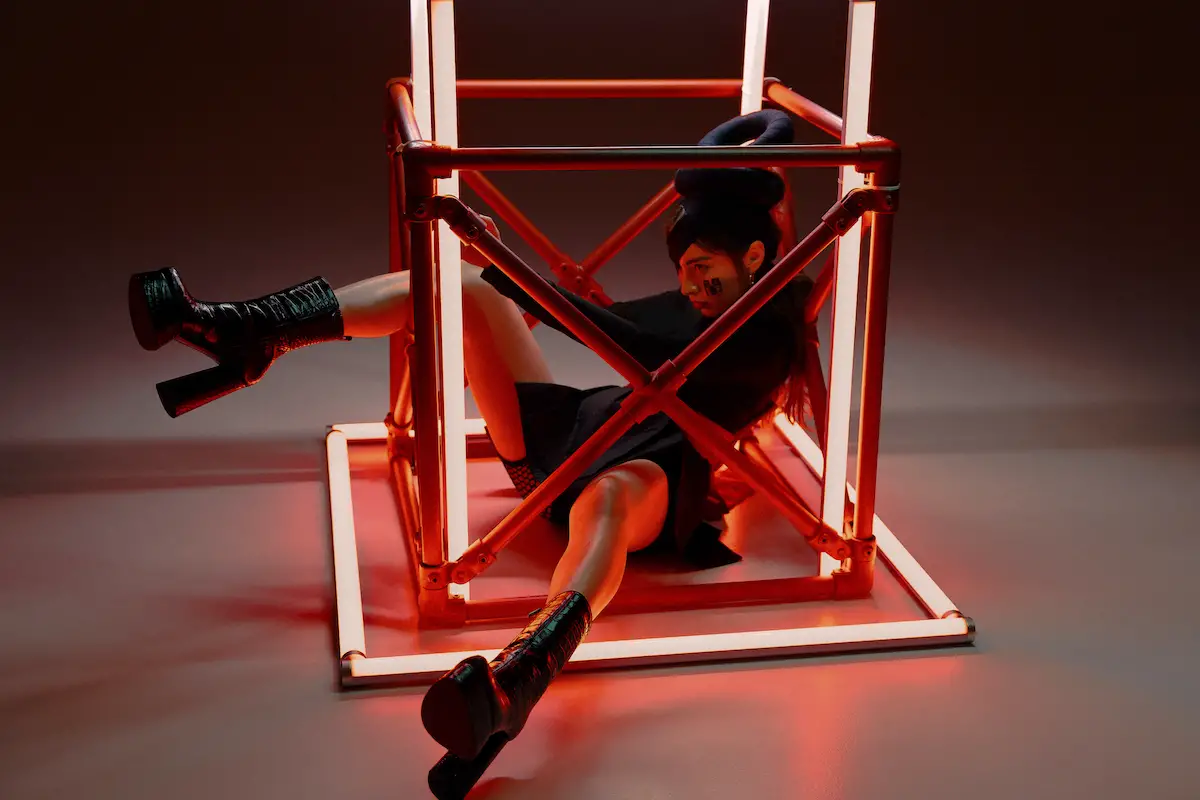
What is your heritage?
Taiwanese/Australian born in Japan
What is the significance of Asian American and Pacific Islander Heritage Month, for you?
It celebrates the wonderful cultures I was born in, raised by and still stand for today.
How do you perceive or experience the relationship between music and your AAPI heritage and identity?
I try to use the visuals and stories in my music to celebrate and share the amazing culture I have around me. I was raised by my Taiwanese mother and grew up the first 7 years of my life in Japan and so a lot of that Taiwanese/Japanese culture and upbringing bleeds into my visual choices and musical influences to make up a strong part of my identity.
How do you feel the music industry can improve, when it comes to representation, inclusion, and diversity?
The music industry needs to allow for more space and representation, at the moment it still feels like we are competing for a token spot and there’s an irony in that which is so uncomfortable. As AAPI artists, we want to be seen and heard for our music yet we have to compete with each other to get the limited spots. It shouldn’t be like that when as artists from a rich culture, we have so many stories, voices, ideas, expressions to share. The music industry also needs to gain awareness to be more careful about language and inclusion and how they often might ostracize and isolate AAPI artists with ignorant micro aggressions and remarks.
Name one or two AAPI artists who have had a significant impact on you, and why they've had that impact.
Bruno Mars and Anderson .Paak – I am loving their collaboration together but also individually as artists, they have made an impact on me separate to whether they’re AAPI or not. I’m also extremely proud that two AAPI artists can make an impact on the entire world like how they have and inspire me with their artistry.
Lastly, what are you working on currently? Anything coming down the pipeline you’re excited to share?
I just released my second EP ANTIHERO and am currently working on a short film that ties all the music video from the EP together which will be released soon.
•• ••
:: Audrey Lew, Photographer, Writer, Live Events & Activations Manager ::
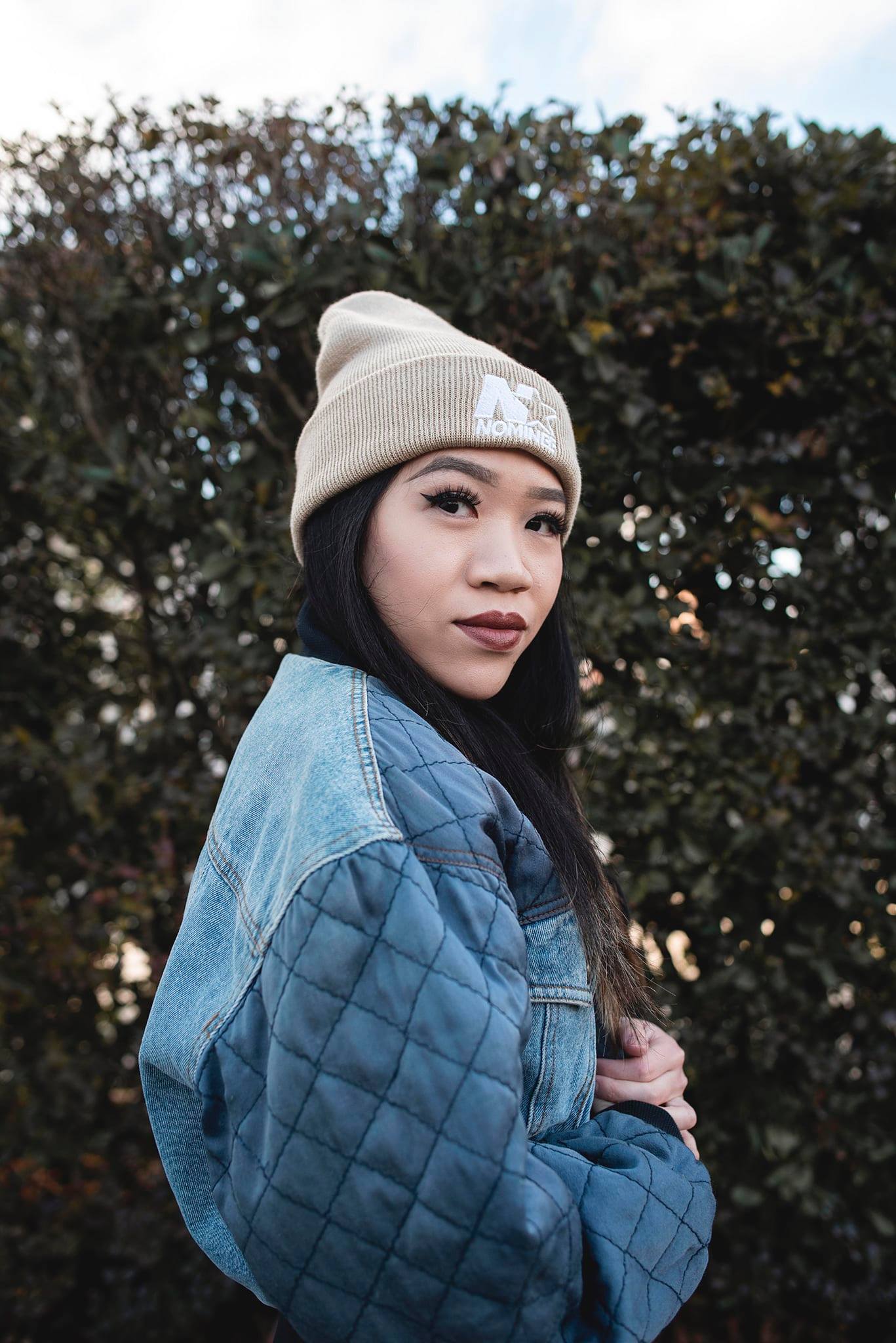
What is your heritage?
Chinese
What is the significance of Asian American and Pacific Islander Heritage Month, for you?
It’s a time to really uplift and share different voices across the AAPI community while people are tuned in.
How do you perceive or experience the relationship between music and your AAPI heritage and identity?
I think for me it was fractured for a long time. It was like I was living two different lives and they didnt intersect. Recently I’ve begun to bridge the two and really mend that relationship.
How do you feel the music industry can improve, when it comes to representation, inclusion, and diversity?
It goes without saying that it starts with featuring more AAPI artists and giving them a platform to share their voices. As far as allies go, if you’re in a position of power making sure you are speaking up about having AAPI creatives or artists being considered in any decision making and for opportunities.
Name one or two AAPI artists who have had a significant impact on you, and why they've had that impact.
BLACKPINK. I think they are the big reason I have started to reconnect with my heritage and embrace being Asian. I was never big on k-pop but seeing them absolutely takeover and be the boss queens they are really hyped me up. Cause if they can do all that, I can too.
Lastly, what are you working on currently? Anything coming down the pipeline you’re excited to share?
I have just wrapped up my first billboard campaign with Idobi Radio!! Nothing on deck yet since we just finished that this week!
•• ••
:: Mike Hiratzka ::
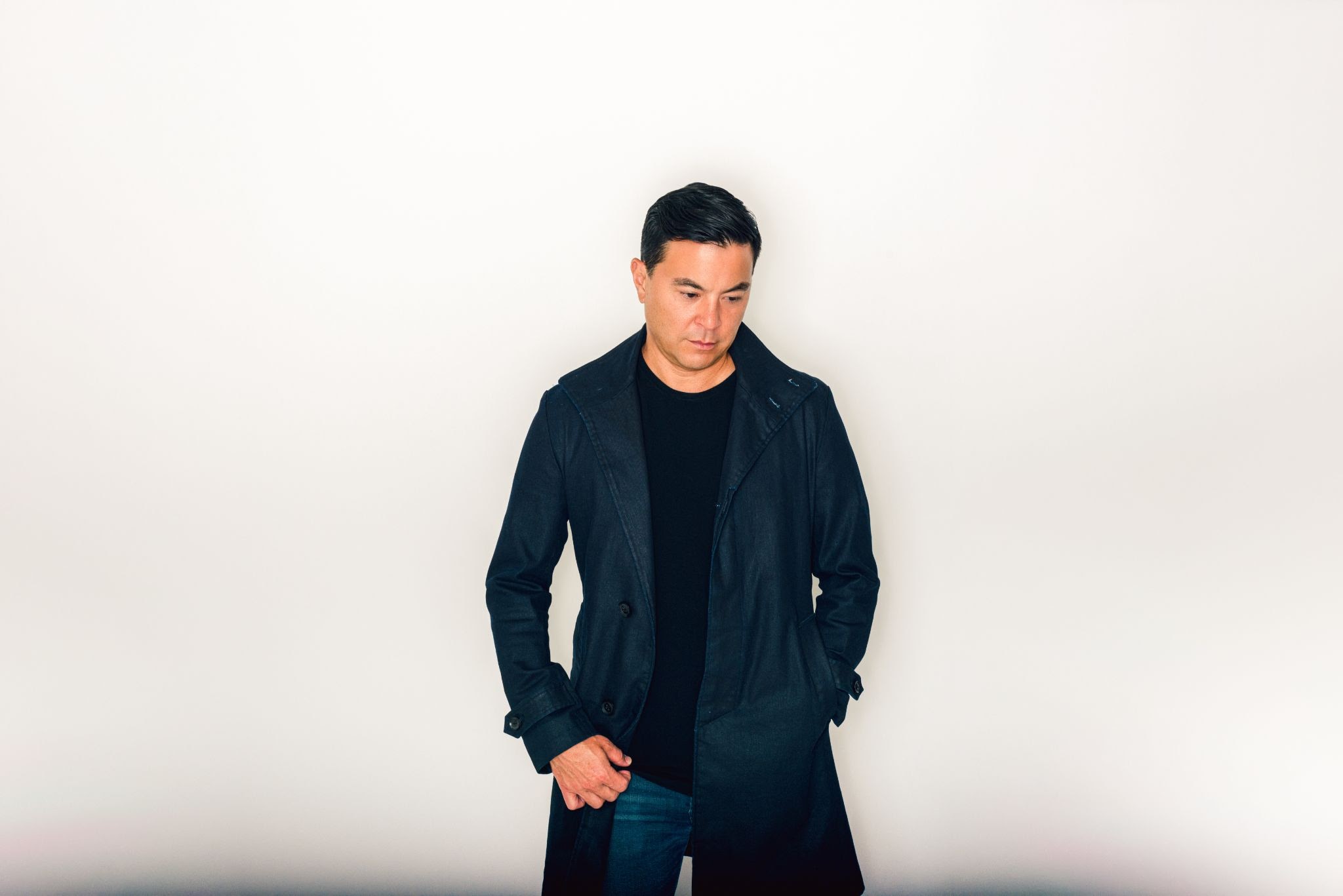
What is your heritage?
Half-Japanese, half German/English/Scottish
What is the significance of Asian American and Pacific Islander Heritage Month, for you?
I hope that it celebrates and heightens awareness of AAPI citizens and their contributions to American society and culture. In the current social climate I also hope that it helps the masses understand racial and social injustice brought against people of Asian descent in the USA.
How do you perceive or experience the relationship between music and your AAPI heritage and identity?
My music, like my mixed heritage, is very global in its influences and instrumentation. Most of the songs on my forthcoming album were written while touring the world the past few years and are inspired by different places and my experiences in those diverse locales. My logo for my music projects is my Japanese family crest, I am very proud of my heritage and love when people ask me about it so that I can share a bit of my history with them.
How do you feel the music industry can improve, when it comes to representation, inclusion, and diversity?
I feel like the music industry tends to pigeonhole Asian artists into specific categories or genres like K-Pop. I hope to be one of the artists that demonstrates that artists of AAPI descent are adept at many different styles of music that don’t have specific ties to their country of origin. I hope the industry can become more color-blind and include and promote artists on the merits of their music rather than presuming expectations of what their music should be based on their heritage.
Name one or two AAPI artists who have had a significant impact on you, and why they've had that impact.
Chad Hugo from N.E.R.D and The Neptunes showed me that it’s possible for an AAPI individual to thrive at the highest levels of the music production industry, which is where i have always hoped my career will take me. James Iha from Smashing Pumpkins is a great guitar player and a member of one of my favorite rock bands ever, he demonstrates that anything is possible for an AAPI individual in the Caucasian-dominated rock music industry.
Lastly, what are you working on currently? Anything coming down the pipeline you’re excited to share?
I am releasing my debut solo album nish in June on my new label Nish Recordings, which is named after my Japanese grandmother Eiko Nishibayashi “Nish” Hiratzka, who passed away last year at age 101 during the beginning of the pandemic. It is my tribute to a great woman who had a big influence on my life and who I am, as an artist and as a human being.
•• ••
:: Emily Vu ::
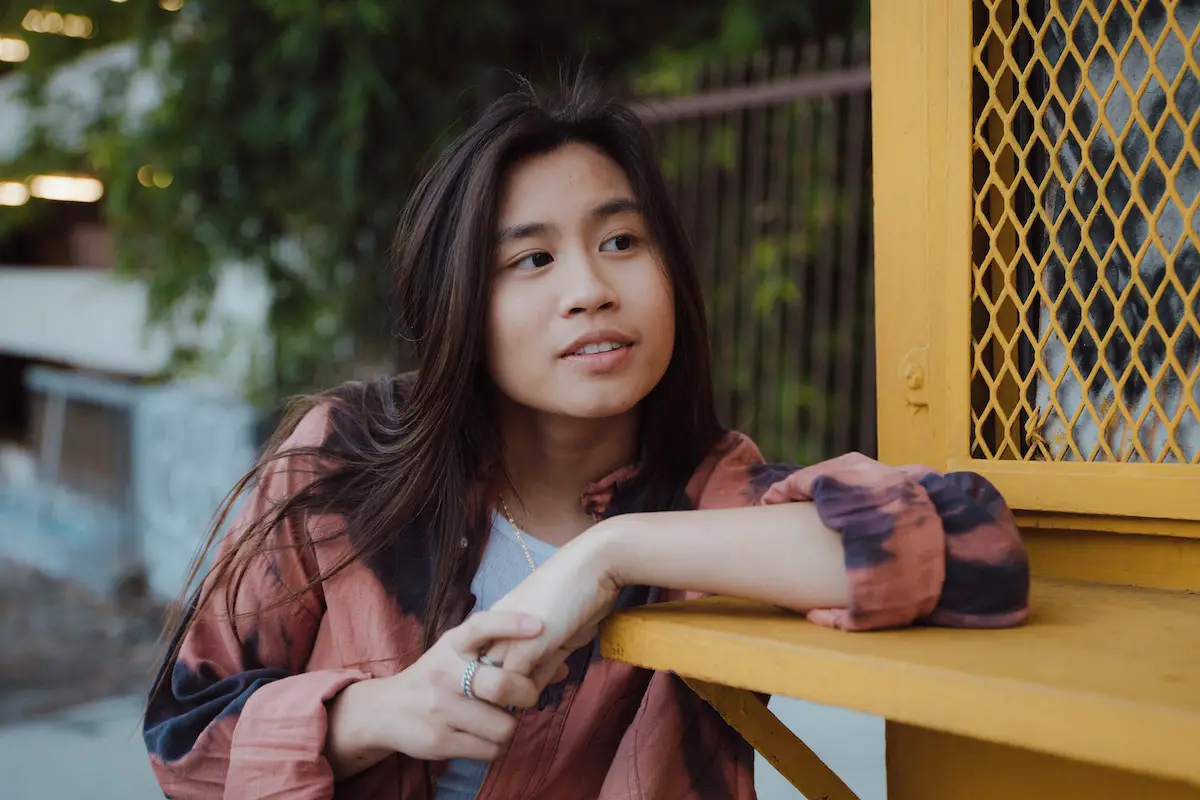
What is your heritage?
Vietnamese
What is the significance of Asian American and Pacific Islander Heritage Month, for you?
It’s a time for me and others to be educated and to bring much needed attention to the AAPI community.
How do you perceive or experience the relationship between music and your AAPI heritage and identity?
My heritage is a big part of my identity and making music to me is very personal. Embracing who I am and my history helps me create the most authentic songs.
How do you feel the music industry can improve, when it comes to representation, inclusion, and diversity?
I think the music industry likes to hold artists to certain standards such as how an artist is expected to act, dress, talk, etc. Especially when it comes to an artist’s genre. People should be allowed to make whatever type of music that makes them happy.
Name one or two AAPI artists who have had a significant impact on you, and why they've had that impact.
Hayley Kiyoko has been a big impact to my artistry. The first song I ever heard by her was “Girls Like Girls” and that song really just spoke levels to my little closested gay self. She really made me comfortable in my own skin.
Lastly, what are you working on currently? Anything coming down the pipeline you’re excited to share?
Currently am working on releasing a new single! No idea when yet haha but it’s coming!!
•• ••
:: Nathan Kawanishi ::
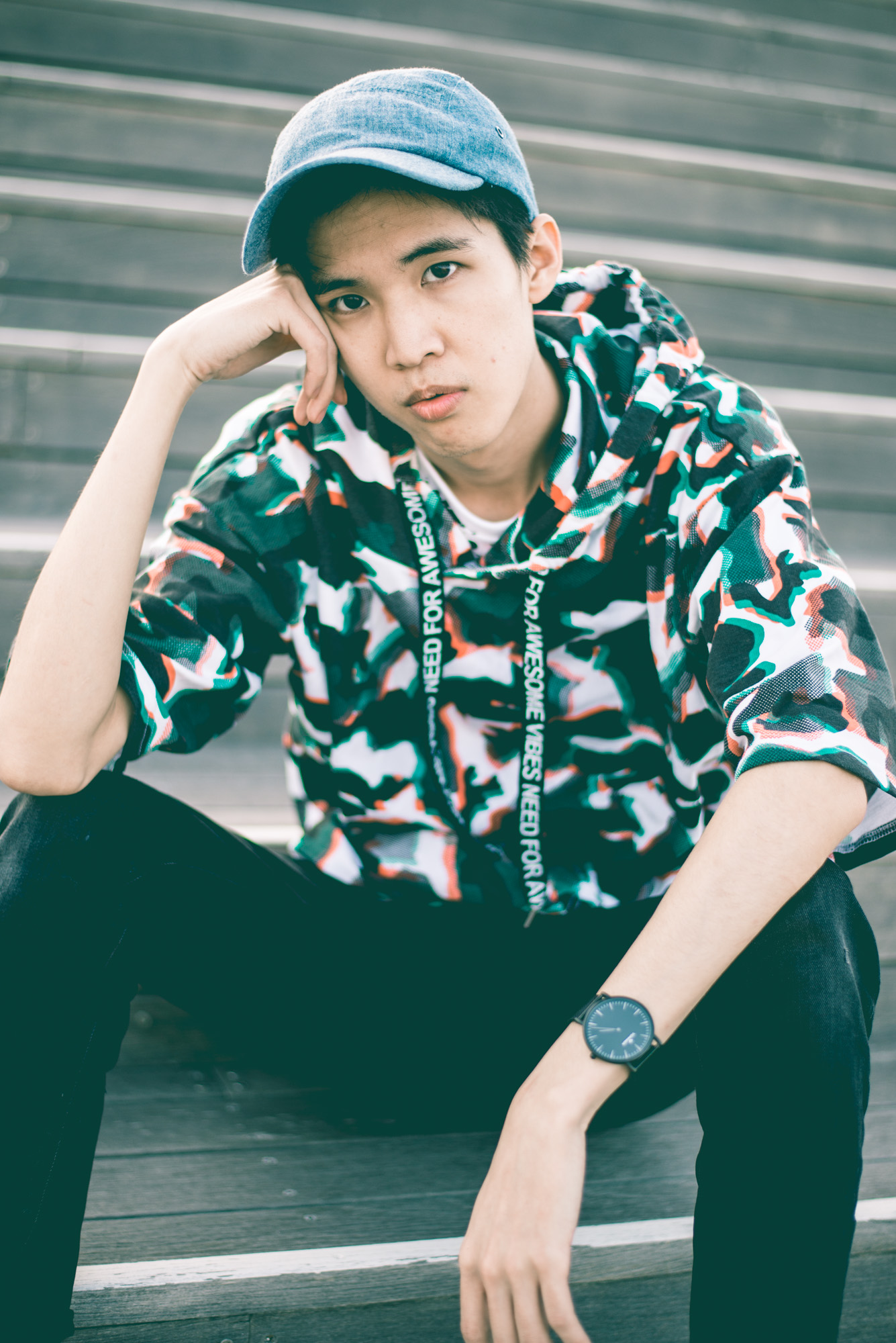
What is your heritage?
Japanese
What is the significance of Asian American and Pacific Islander Heritage Month, for you?
AAPI heritage month seems to be different every year for me. This year, with the increase in anti-Asian hate crimes and deeply-rooted racism coming to light, it’s a more harrowing and frustrating time. The “AAPI” category encompasses a vast array of non-monolithic communities – created and embraced for the sake of solidarity, agency, and connection. All of that feels very necessary, more so now than in recent memory. While I remain frustrated that violence and suffering have become normalized in our country—especially when it comes to the disenfranchised —I also hope this month can be a time of healing, reflection, and empowerment for our communities.
There is such vast diversity among those who identify as AAPI. While helpful for solidarity, the broadness of the term means many experiences and people are overlooked. For example, I’m afraid that movements for sovereignty, land rights, and preservation of indigenous language & culture in the Pacific Islands remain largely invisible even though they make up half of the AAPI acronym.
How do you perceive or experience the relationship between music and your AAPI heritage and identity?
As a listener, I appreciate the mingling of hip hop and Japanese street culture. Japanese visual art and street fashion have been prominent parts of music videos, album artwork, and live performances by Kanye, Kendrick, A$AP Rocky, Kid Cudi, and Lil Uzi Vert, to name a few. Japanese artists like Murakami or fashion brands like BAPE are staples in the street aesthetic that rap has issued into the mainstream. Furthermore, the impact of Nujabes and Hayao Miyazaki on the creation of the new lo-fi genre is undeniable.
As a music creator, I feel a greater tension between my lineage and how I exist now. Even with my appreciation for Japanese street aesthetics, I still feel removed from the culture since I’ve spent most of my life outside Japan. Creating music from a native Japanese perspective would feel forced, but pretending that my heritage isn’t extremely influential in my understanding of the world and artistic expression would feel equally strange (further complicated by how trendy Japan has become, which I try not to let influence how and why I express that side of my identity).
A significant part of the Asian American experience seems to be feeling “between” worlds—not entirely at home in America nor in the country of one’s descent. The feelings associated with this in-between space are something that many AAPI artists express in their work, with many AAPI poets and authors also writing about their struggle with displacement, political volatility, war, and the lingering effects of colonialism that exacerbate the lack of a sense of home.
All that said, my personality and temperament are inclined to chase independence and novelty and to avoid a stable community—it’s difficult to articulate. Still, I tend to view my transience and detachment as freeing rather than distressing. I hope to express this perspective in a way that still validates and co-exists with the perspectives of other AAPI individuals (and, in the process, perhaps aid in the creation of a larger space for AAPIs). My artist name is my birth name—a typically western name and a Japanese name—both and neither at the same time, distinctly in-between.
How do you feel the music industry can improve, when it comes to representation, inclusion, and diversity?
I think optimal representation, inclusion, and diversity in the music industry requires a change in many of the fundamental structures in society: more equitable funding for education, more innovative and creative curriculum, stable and fair wages for careers in the arts, and a policy-driven emphasis on basic human dignity for all, regardless of income level. Aside from any inequalities present in the music industry itself, becoming a proficient artist is a grueling and highly competitive process that would be aided by an economic system that values all forms of work and art, not just those capable of bringing in large profits.
Since my music has been almost a completely solo/DIY effort from the start, I can’t speak on the music industry (I try not to make assertions about things I don’t know about, though it seems that is an unpopular stance). I recently signed with a label, but not much has changed how I create my music or artwork or visualizers—my process is still very low-key and independent. I think the internet has enabled people like me to get their music out. There are more avenues to success. It seems to be a lot more democratic than before (though gatekeepers will likely always exist, even if in the form of playlist editors and creepy AI algorithms).
The recent influx of Asian artists into the mainstream has been encouraging, and I’m hopeful that AAPI artists will soon get their due. More than anything, I’d encourage AAPI musicians to keep moving forward and creating music that reflects their experience of the world. I am involved in activism and do a lot of work with justice organizations, but I think my music could potentially do just as much to push the needle forward for the AAPI community. I’ve become acutely aware that art, story, and narrative are far more persuasive to humans than anything else. Artists and storytellers are change-makers.
Name one or two AAPI artists who have had a significant impact on you, and why they've had that impact.
If I named my favorite producers off the top of my head, it’d be a pretty unsurprising list—Kanye, Tyler, Hit-Boy, Mac Miller, Earl Sweatshirt, and…Jeff Bhasker. I think “underrated” is far too subjective of a term to throw around, but I might apply it to Bhasker. He was a crucial collaborator in Kanye’s 808 & Heartbreaks and My Beautiful Dark Twisted Fantasy albums, including “All of the Lights” and “Runaway” (two of the most well-produced songs ever, in my opinion). He was also one of the core producers on fun.’s phenomenal Some Nights album—which I must’ve listened through approximately 12,352 times (give or take)—as well as dozens of hits. I love the opulence of his production as well as the gritty textures and instruments he emphasized in those records. One random thing I love is when producers find ways to drive a beat forward without a hi-hat. His use of snares, toms, and kicks almost renders the hi-hat unnecessary (and when he does use it, it’s often pushed to the background or sits in a lower frequency range than a hi-hat typically does). I think most attempts to infuse hip-hop production with rock elements sound corny, but the way Bhasker helped do that in both MBDTF and Some Nights always blows me away.
Lastly, what are you working on currently? Anything coming down the pipeline you’re excited to share?
Over the next year, I’ll be releasing instrumental beats inspired by my time in Japan, where I frequently visited before the pandemic. I also created all of the album artwork and visualizers for this project, so I’m happy with it as a holistic exploration of my personal feelings of nostalgia. I also have some collaborations with a handful of really great artists on my record label coming soon, so keep an eye out for those!
— —
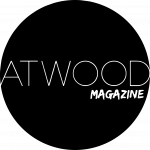
Connect to Atwood Magazine on
Facebook, Twitter, Instagram
Discover new music on Atwood Magazine

